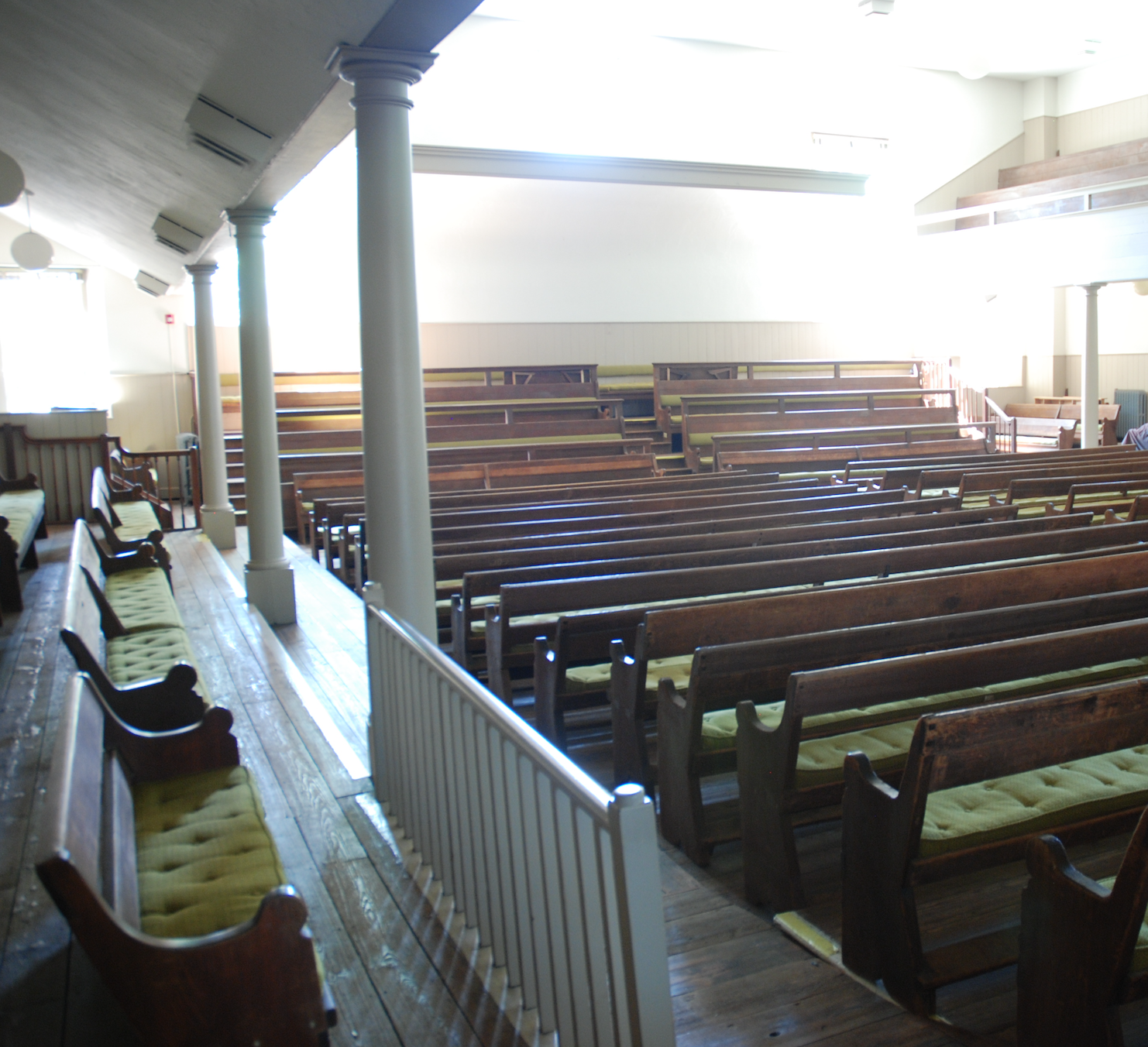My response to “Is Quakerism Becoming a Christianity Without Christ?”
By Cap Kaylor on March 16, 2018

In a recent post (3/16/18) on Progressive Christianity, Cap Kaylor asked: “Is Quakerism Becoming a Christianity Without Christ?” He is worried that Quakerism is in a serious decline and is in danger of withering away. He says, “I have come to share the now widely held conclusion that unless the current trajectory is reversed, liberal Quakerism is headed for extinction.” I should note that Kaylor is writing from the perspective of an unprogrammed (silent worship, no ministers) Quaker and not a programmed (speaking, music, and minsters) Quaker. Worldwide only 11% of Quaker Meetings are unprogrammed.
Maybe Quakerism, like every denomination, needs a vitamin CC shot in the arm; that’s vitamin ‘course corrective.’ I haven’t seen any specific data that compares the rate of decline in Quaker membership with that of any other Christian community, but ‘grey heads” (65 and older) are the largest age sector in every religious tradition and millennials are the smallest.
That suggests the problem with the decline in religious affiliation is an outcome of increasing cultural secularism; a polite way of saying the problem is that more young people are indifferent to God, no longer debate His existence or are simply atheists.
Quakerism, Kaylor rightly contends, emerged as a heretical protest against the Church of England in a culture in which traditional Christian doctrine, worship, and liturgy were almost universally valued if not practiced. The culture was saturated with awareness of Jesus’ incarnation, death, and resurrection, clearly the manifestation of the nature of God. The Quakers excused themselves from the church in favor of a new practice of religion in which they exalted “that of God in every person,” the direct experience of Christ they called ‘the inner light’. They sought to discover and live out the wisdom they discovered in listening to the inner spirit.
Kaylor thinks the reason for Quaker decline is they have lost their connection with the creedal Christian framework in which Jesus is an avatar of God and the prime manifestation of His nature. (Note the masculine pronoun.) He proposes a revival of the teachings of Dun Scotus which might be expressed as a medieval manifestation of pantheism.
I don’t think Kaylor begins to address the real issue facing the Quakers and all the branches of the Christian Church.
In 1967, the radical theologian, Thomas J. J. Altizer, popularized Friedrich Nietzsche’s conception of the “death of God.” Ever since then, to all extents and purposes, God has been dying to most of the younger people in the western world. Millennials and many others are no longer interested in belonging to religious institutions that refuse to acknowledge the demise of ancient cosmology and the ascendancy of modern science.
Any reiteration of medieval theology is doomed to add further confusion about the real role of religion today. I would suggest that the role of the church today is to shape itself to
manifest and work on bringing all people to the truth expressed by Pierre Teilhard de Chardin who said, ‘Love is the affinity which links and draws together the elements of the world. Love, in fact, is the agent of universal synthesis.’
‘Driven by the forces of love, the fragments of the world seek each other so that the world may come into being.’ ‘Love is the glue that holds the universe together.’ Love, embedded in the deep recesses of all creatures, is the engine of the holistic, the holy, the healthy, of connectedness, of community, of mutuality, and, therefore, of transcendence.
The historic icon of a loving human being is Jesus; not the Christ, but the Jesus revealed by contemporary New Testament scholars. What would a relevant and attractive church be like? It would focus on learning better ways to be aware of agapeic love and its practice as empathetic self-expression. It would generate clinics, classes and seminars to expand the human potential for transcendent, loving relationships with all of earthly being, collaborative processes, living in harmonic simplicity, and peacefulness. It would focus on building a community in which people were deeply known, accepted and actively honored. Honest self-disclosure would be encouraged and value judgments suppressed in favor of understanding acceptance of the human condition.
For such governance as might be needed, there would be a rotating chief executive/spiritual leader/presider; that is no lifetime spiritual vocations and a council of 12 equals to deal with community business matters.
As a regular ritual, it would have a commensal meal celebrating, not the sacrament of the body and blood, the death of Jesus, but the inherent life-giving love that binds us all together.
~ Peter Larson
